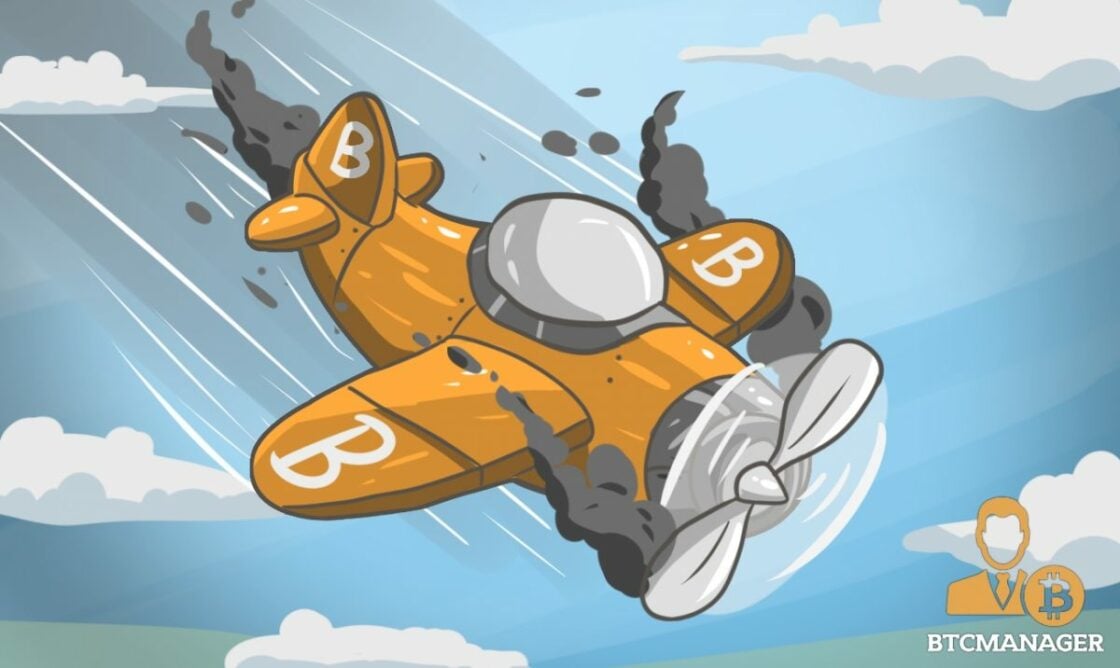
Time to find a block bitcoin - question
Bitcoin Mining with Transaction Fees: A Game on the Block Size
Abstract: In a Bitcoin market, miners participate in blockchain mining with an aim to make profits. Until reaching consensus, PoW-valid blocks (including validated transactions and proper PoW solutions) can be viewed as being successfully mined and are rewarded. There are two types of rewards for miners: fixed block subsidies and time-varying transaction fees. Block subsidies, predetermined by design, are the current major revenue source. Transaction fees, offered by Bitcoin transaction senders to accelerate their transactions, heavily depend on the corresponding transaction size. Thus, a larger-size block tends to contain higher transaction fees and hence more rewards. However, the probability of a miner to successfully mine a block diminishes as the block size increases, since a larger-size block takes a longer time to reach consensus. Thus, the reward included in the block is vitally affected by its size, which is independently decided by a miner. In this paper, we use a game-theoretic approach to study how a miner's payoff, i.e., expected profits, is determined by his block size. More specifically, we derive an expression to characterize the relation between the miner's payoff and block sizes. Besides, we use game theory to analyze how profit-driven miners will manipulate their block sizes to optimize payoff instead of adopting the default block size. We conduct numerical experiments on real-world data collected from Bitcoin to find peaceful equilibrium where miners have no incentive to misbehave. The achieved block sizes thereby give guidelines on the default block size, in order to deter miners from misbehaving. Our analysis suggests a block size of 4 MB.
Date of Conference: 14-17 July 2019
Date Added to IEEE Xplore: 02 January 2020
Electronic ISBN: 978-1-7281-4693-5
Print on Demand(PoD) ISBN: 978-1-7281-4694-2

-
-
-